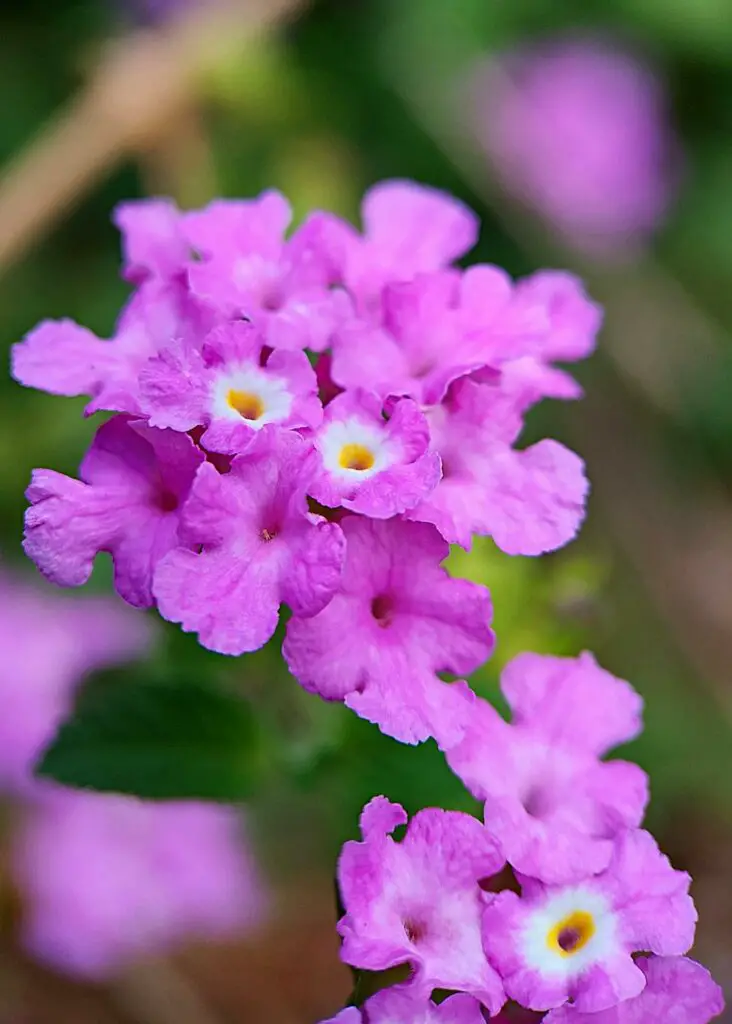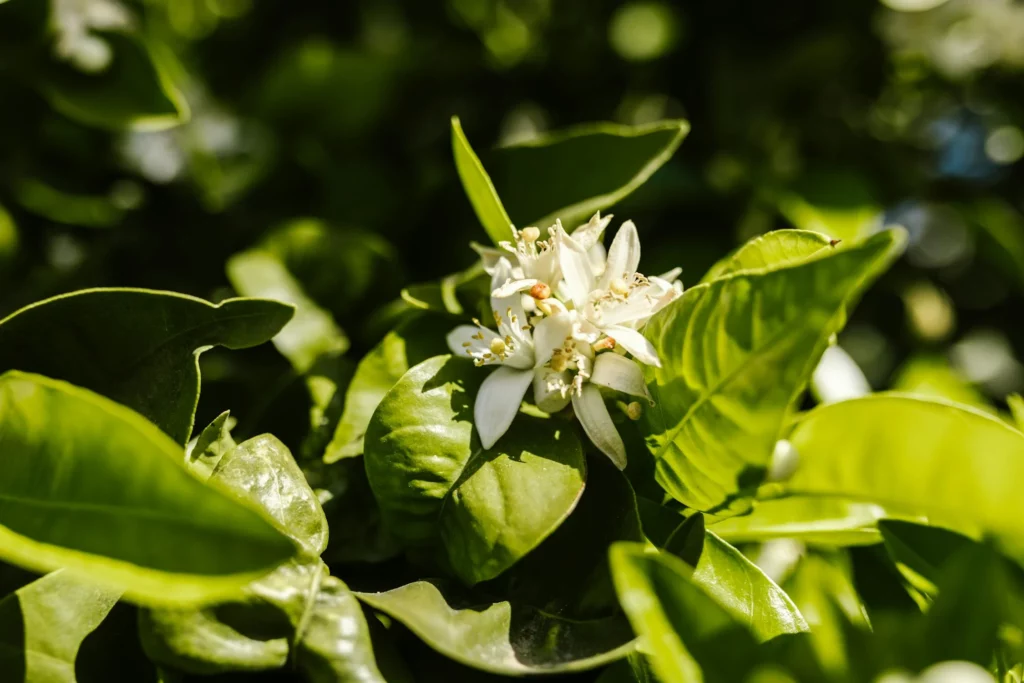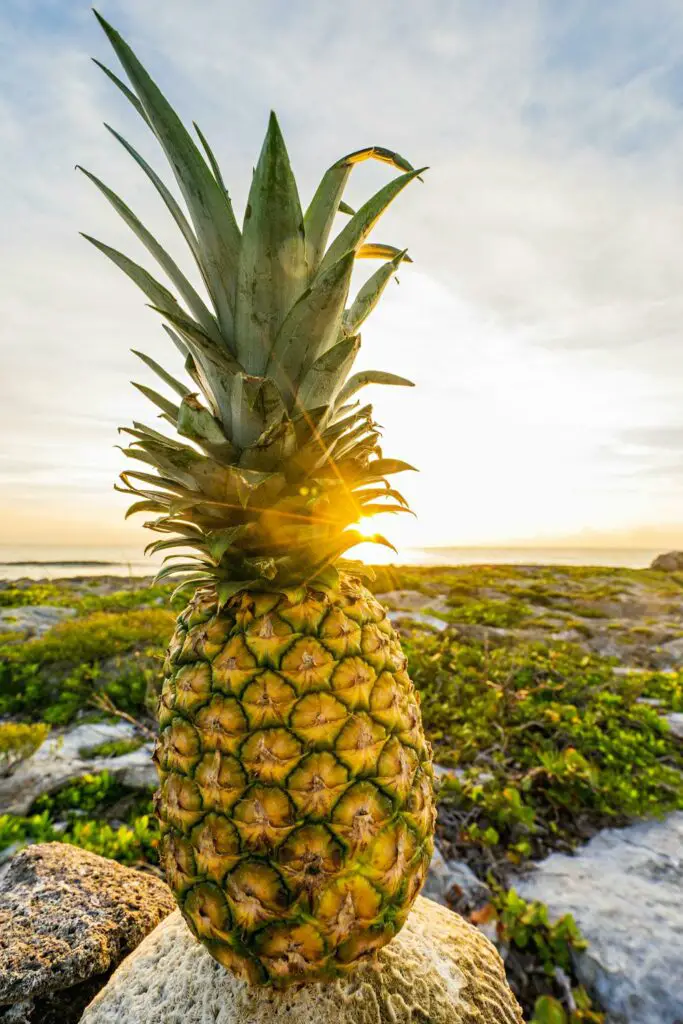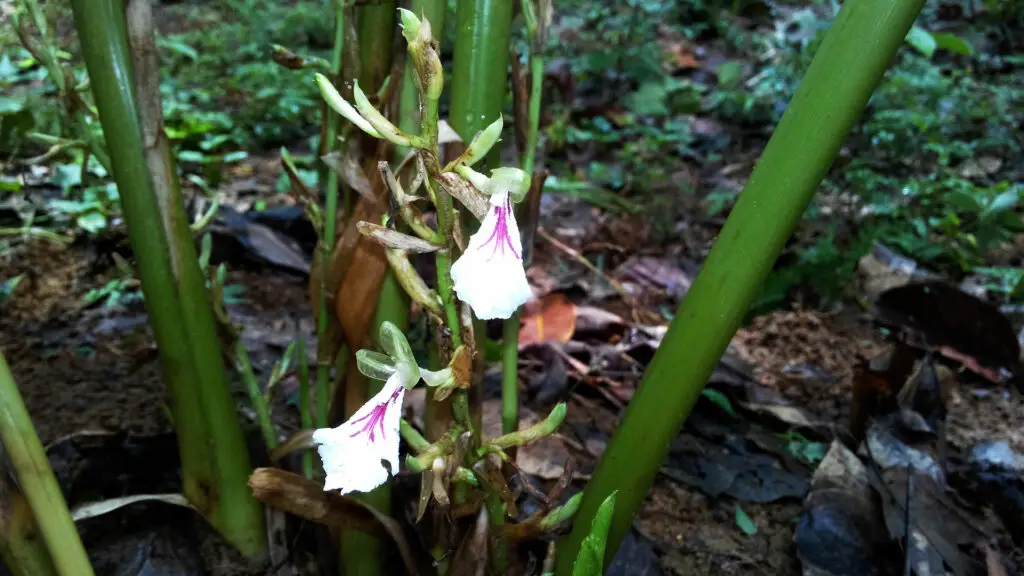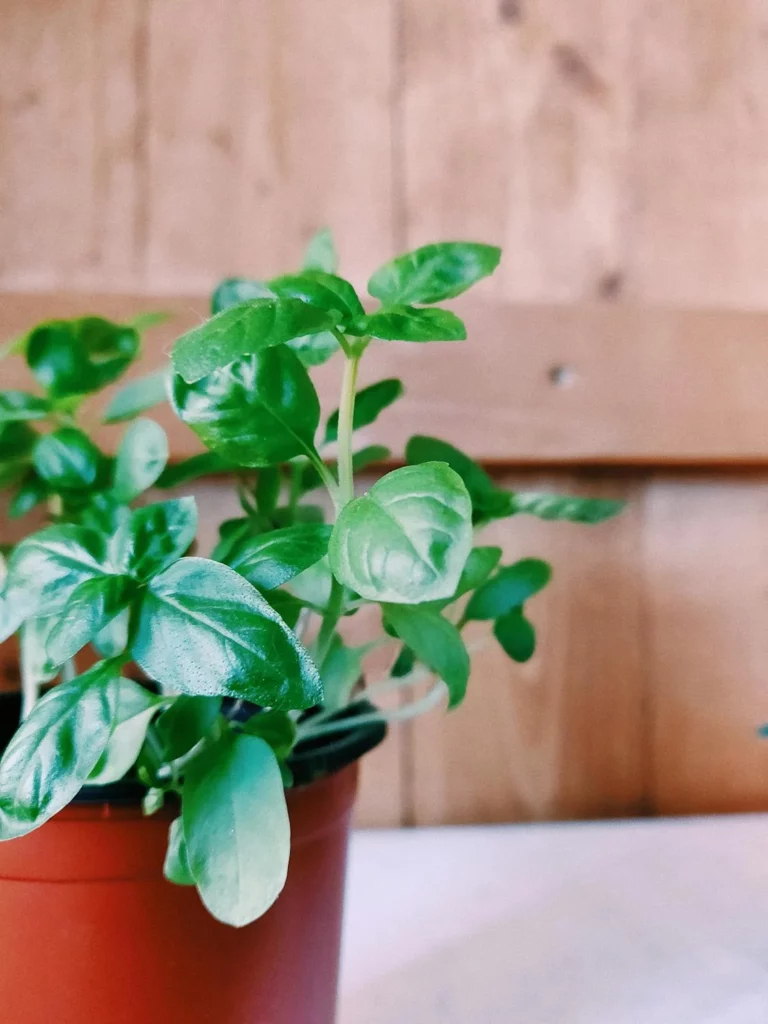Tending a garden is an exercises in patience, love, devotions, and passion for nature. As each single seed takes time to sprout, garden overs know just how important it is to protect their little heaven from bugs, insects, and snakes that can easily destroy the plants.
The truth is, however, that there are certain plants that attract these invaders, especially snakes.
According to snake experts, these serpents are attracted to places that offer comfort, shade, and protection. Certain plants, such as Aparajita, lemon, and Champa, provide all of these, so it’s not uncommon for them to be found where these plants grow.
If you want to keep your surrounding safe, make sure you remove the plants known to attract these reptiles.
Lantana Plant
Lantana is a tropical shrub with colorful and long-lasting flowers. It is a beautiful addition to the garden, but it’s not only humans who enjoy its presence, but snakes too. The dense foliage and the tiny fruits offer both shelter and food for the reptiles.
Jasmine
Jasmine is a plant kept both indoors and outdoors. It is adored for its beautiful fragrance by both humans and snakes. To ensure the safety of your home and your family, it’s for the best to keep it away from your house and your garden.
Pineapple
Pineapple! Who doesn’t love this juicy fruit rich in flavor and juice? While pineapples are an important commercial crop for farmers, snake experts advise this plant shouldn’t be grown in your garden. Since they attract snakes, it is for the best pineapples to be cultivated at destinated agricultural land, away from homes and gardens.
Purple Cardamom
This plant is a member of the ginger family and produces fragrant, green pods that contain tiny, aromatic seeds. The flowers and stems are not scented but will produce pale yellowish-green 3/4-inch fruit pods.
The purple cardamom is also known as a medicinal herb used to treat some common ailments such as stomach cramps, diarrhea and toothache.
However, its naturally sweet taste attracts rats, squirrels, and porcupines, which are common snake prays, and with that, places where this plant grows attracts snakes as well.
Basil Plant
The basil plant is cherished in many cultures for both its spiritual and medicinal value. It is known for its anti-inflammatory, antimicrobial, and antioxidant properties, making it a popular choice for treating various ailments.
However, what many might not be aware of is that the plant’s strong aroma and the specific structure leaves’ structure can attract certain wildlife, including snakes. The scent of basil is believed to have a repellent effect on some pests, but for others, like snakes, it could signal a more favorable environment.
Now that you know of some of the most common plants that attract snakes, maybe you should reconsider having them in your garden.
Please SHARE this article with your family and friends on Facebook.
Bored Daddy
Love and Peace

